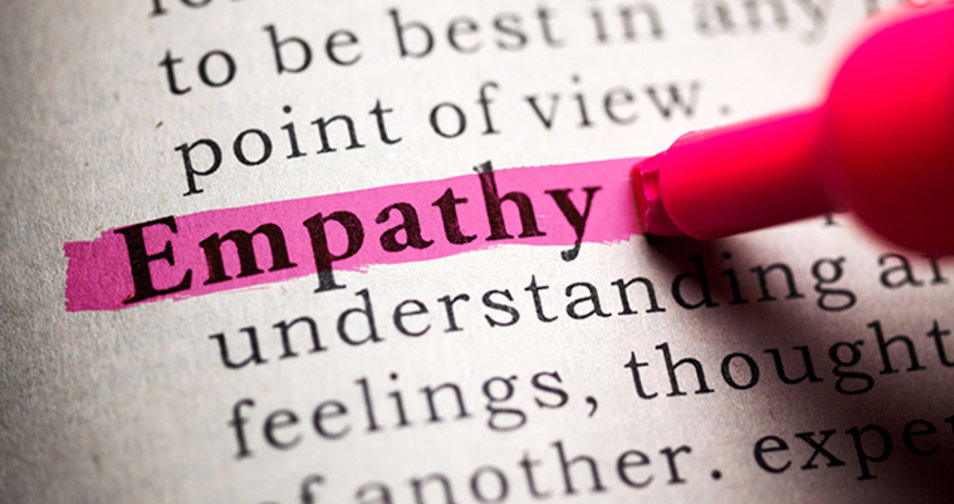What is Empathy?
When talking about emotional wellbeing it seems very important to have a look at the difference between empathy and sympathy and the different effects each one can have on people.
So here is what I think the difference is…
Sympathy:-
Thinking how you would feel if you were going through the same thing another person is going through.
Empathy:-
Trying to understand how the other person might be feeling when they are going through something given their life experience.
I’ll give an example to give you a bit better understanding of the difference between them and the difference it can make to an individual as to which one they receive. (This is based on clients I have worked with but no one client in particular.)
Let’s say that Anne has always had an extremely difficult relationship with her mother. There has been abuse all her life but she has learnt to live with this. In later years she has become a carer for her mother and, outwardly, people think that they have a very close relationship. However, Anne is still receiving abuse from her mother on a daily basis.
Then Anne’s mother passes away. Anne is not sad about this instead she feels a sense of relief and release. She actually feels a lot happier than she has in a long time. However, Anne’s friends and colleagues, not knowing about her difficult relationship, have all offered sympathy to her saying things like ‘you must feel so sad’ and ‘this must be a very difficult time for you’. Some even go as far as to say that she must be in shock as she hasn’t shown any emotion yet and that it will come. Anne now starts to feel that she should be feeling sad and starts to feel guilty. This leads her to question herself and her own compassion, she starts to tell herself she is wrong to feel relief that her mother has died and starts to show signs of low mood.
Now, in this example, none of Anne’s friends could possibly have known how she was feeling but, it may have drawn her out if they had asked instead of assuming. It may not have but empathy still would have been more helpful and could have given Anne a chance and space to talk about her true feelings.
A good way to know whether you are showing sympathy or empathy is whether you are making a statement to the other person or asking a question. If you are saying something like ‘you must feel…’ or ‘that must be very hard for you…’ without checking whether these are true then that is probably sympathy.
If you are asking the person how they are feeling given their circumstances, then that is more likely to be empathy.






Sorry, the comment form is closed at this time.